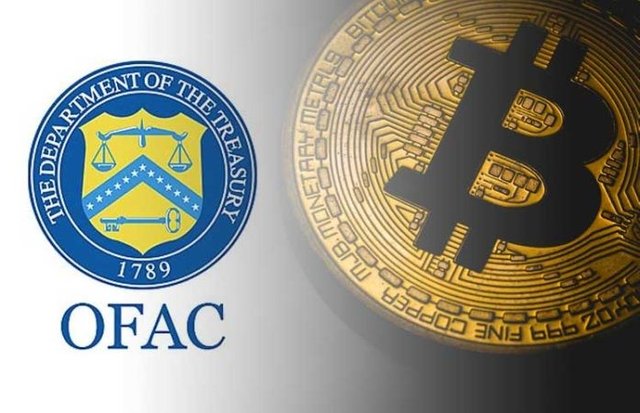
Last week, the United States Department of the Treasury’s Office of Foreign Assets Control (OFAC) blacklisted two Bitcoin wallet addresses that were linked with illegal activity. The mentioned addresses owned by Iranian citizens Ali Khorashadizadeh and Mohammad Ghorbaniyan were linked with SamSam ransomware payments.
The addresses are shown below:
- 149w62rY42aZBox8fGcmqNsXUzSStKeq8C
- 1AjZPMsnmpdK2Rv9KQNfMurTXinscVro9V
In a ransomware attack, hackers exploit vulnerabilities in a network or a user’s computer and use the breach to hold the victim hostage. In order to regain use and control of the device or network, a payment typically made in Bitcoin is demanded by the hackers. If no payment is made, the victim can be locked out forever. Imagine just how devastating this can be if executed on a hospital or government network.
From the start of 2013, the two criminals have conducted over 7,000 transactions with over 40 other addresses totaling a whopping 6,000 Bitcoin worth over $6 million. One of OFACs largest issues with this is that some of the addresses are major US based cryptocurrency exchanges. Due to the poor KYC (Know Your Customer) and AML (Anti Money Laundering) laws on certain exchanges, some or all of the dirty money from these addresses were able to be converted to fiat.
By making the addresses public, the US government plans to raise awareness from other players in the space to cut off any transactions with the wallets. Here on out, any further transactions made with the blacklisted addresses will be deeply investigated.
Since Bitcoin started seeing a lot of use on the dark web and services like the Silk Road, US law enforcement has been pretty attentive to Bitcoin related crime. Unfortunately, most regulatory activity by the US and other major countries have been preventive and reactive measures against crime. Bitcoin is pseudo anonymous by nature, making it an extremely poor choice to use for criminals. However, due to it being the most widely accepted cryptocurrency by far, it’s often used for crime.
While some malicious players can ruin the public perception of cryptocurrency, there are so many ways that Bitcoin and other cryptocurrency can service the greater good.
As the relatively new blockchain space becomes more established, expect to see more and more businesses and governments start to use the technology.